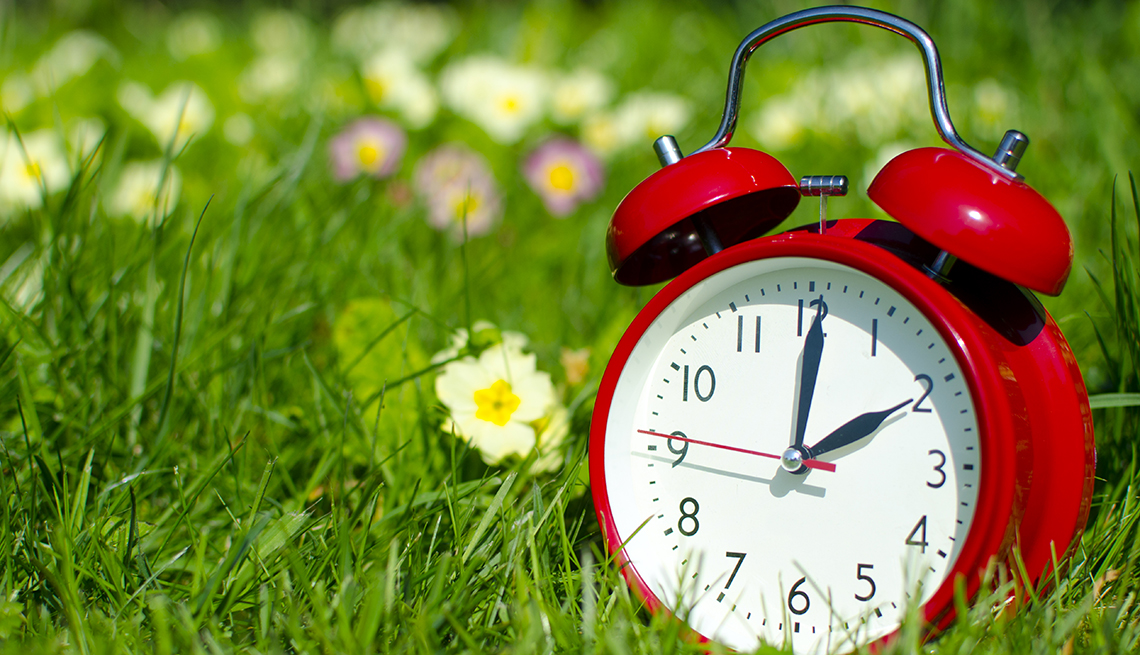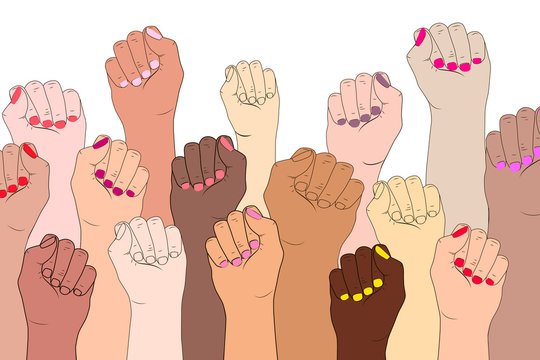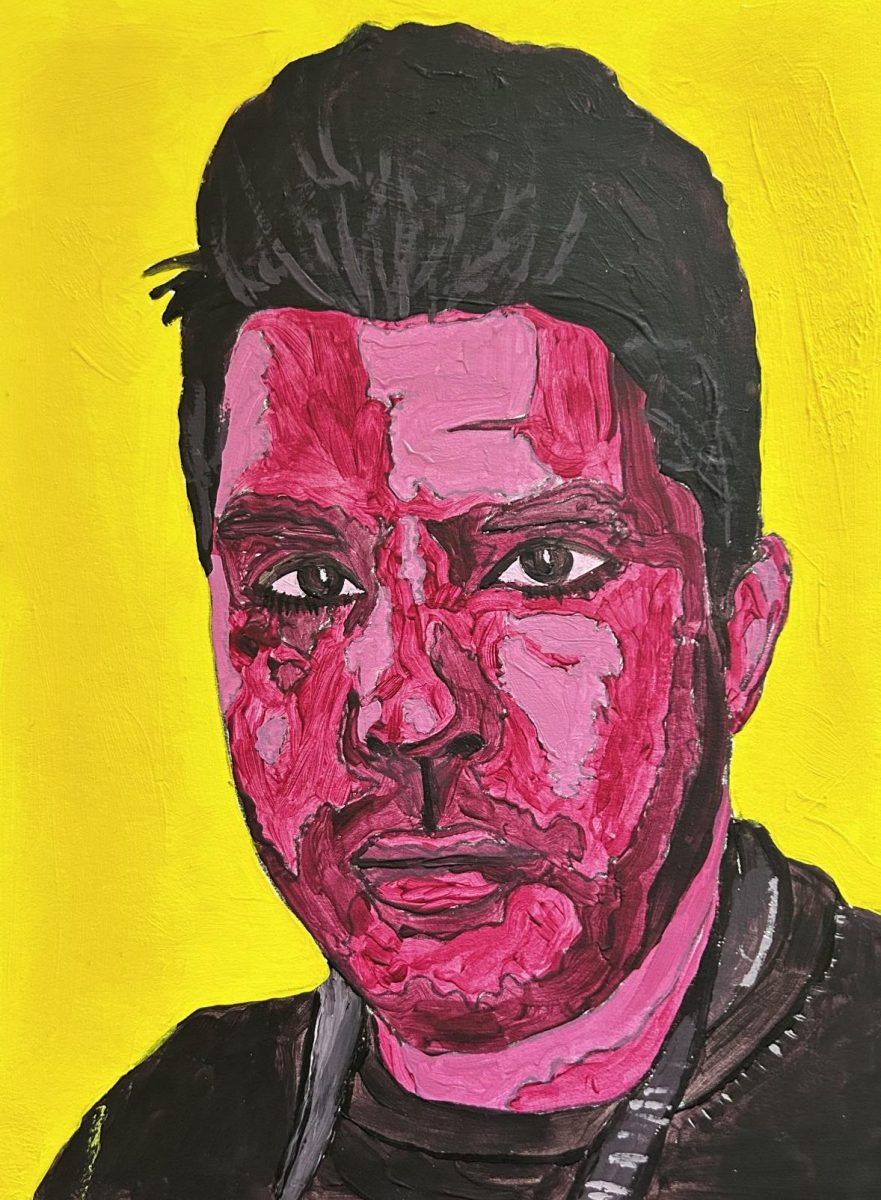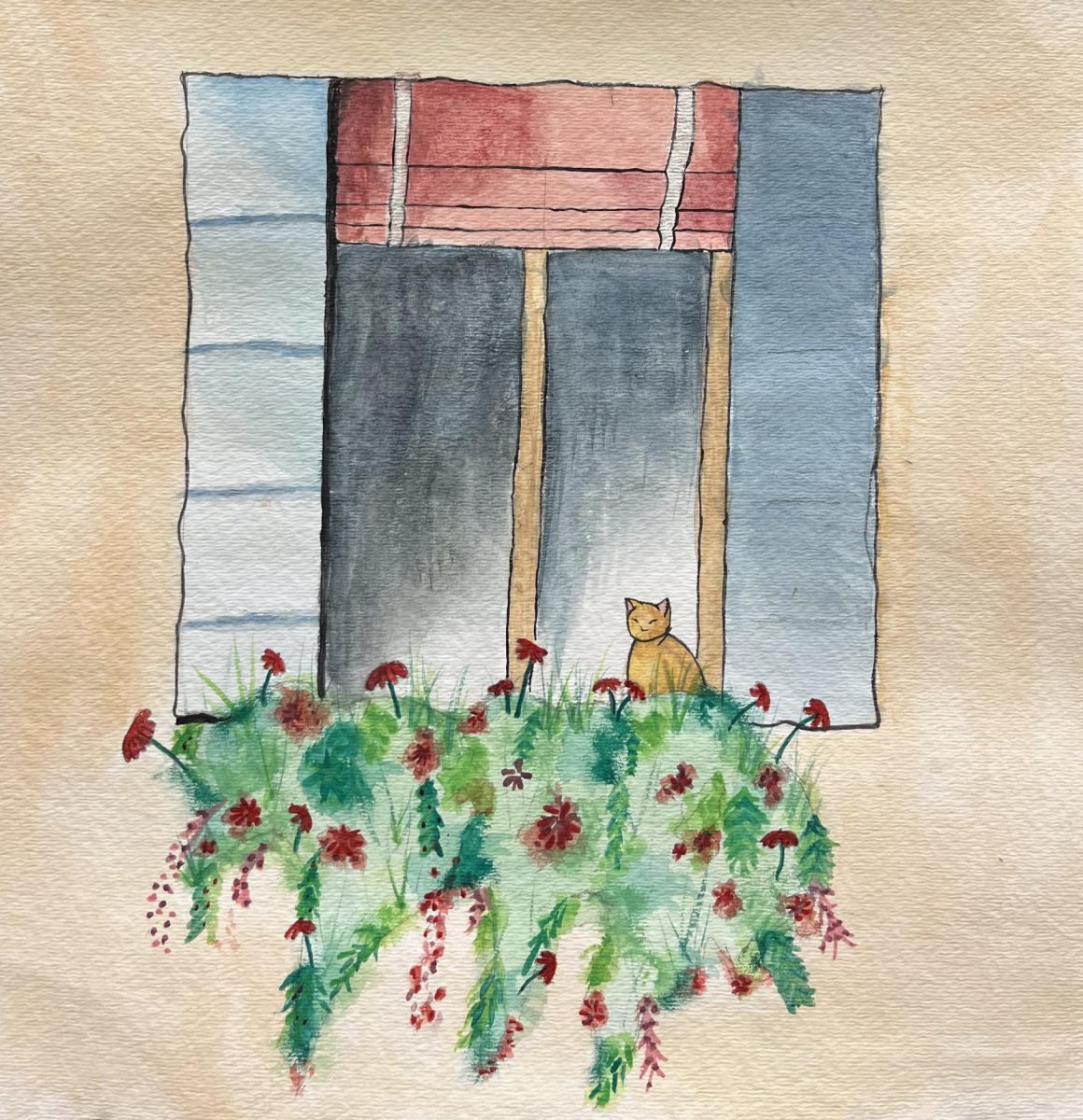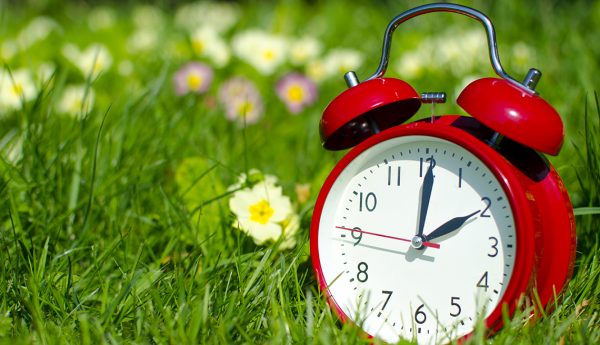Hart to Heart on… The Struggles of Pandemic Depression
Mental health involving the young generation doesn’t carry the same stigma as it has in the past. Through the protests, the tragic deaths of many innocent people, and lastly the pandemic, this generation (Gen Z) has gone through a lot. Way more than we would have ever imagined.
Even though we have all gone through it, it all affects us differently.
For teenagers, navigating through the difficulties of life at such a young age, and having to face reality at such young ages really takes a toll on mental health, and even physical health.
The pandemic has created a not only a super spreader virus, it also created a decline in mental health. With the constant changes no one knows what the next day will hold. The constant stress on the daily lives of kids and teens is overwhelming. No one was prepared for this, and unfortunately parents and schools were not prepared to help them cope. Every other week schools were closed until they it came to a full shut down. Teachers had to completely relearn a new way to teach and kids had to figure out a completely new way to learn.
The struggle of not having in person classes affected kids in so many ways. Failing grades, no social interaction, and being forced to basically learn independently with little support. Upset parents because the grades were slipping, only added to the mounting stress for teens. Anxiety increases, depression increases, sleep disturbances, and fear of getting sick. Teens across the globe lost family members or parents from the virus, adding grief into the mix of already devastating emotional swings. Many did seek out counseling or therapy to help but with many sessions being telehealth only they could not connect with the person that was supposed to be helping them.
Washington Post reports that depression and anxiety doubled during the corona virus pandemic, with 25 percent of youths experiencing depressive symptoms and 20 suffering anxiety symptoms. Most teens were not directly taught how to balance these struggles and emotions. With the stress of sick loved ones, school, and the virus itself, the anxiety and depression rate has increased rapidly.
Mental-well being was decreasing even before the pandemic, so now the weight of everything is much harder. Suicide was the fourth leading cause of death among 15-19 year olds; it is now the second. There was already heavy amounts of substance abuse, and my mother Amy Farkas who works as a nurse in the drug and mental health department, says the rates of depression, anxiety, and drug abuse went up more than she has ever seen.
The pandemic has not only taken away universally-loved events and the factors of normal life, but it has taken away hope for a lot of teenagers. Hopefully this changes sooner rather than later as we continue to fight against COVID-19.

Jaydn Hart is a writer for The Station. She draws and plays instruments in her free time. Jaydn loves to travel and hopes to make that part of her career....


